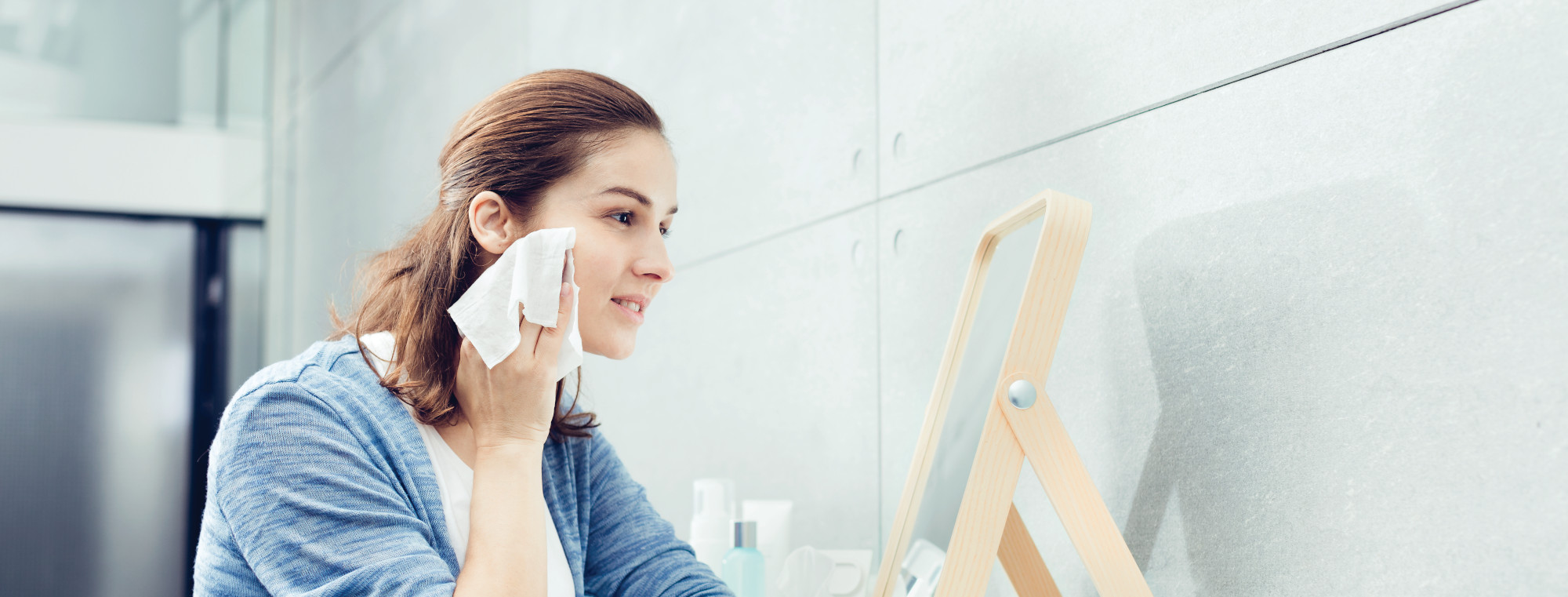
Plastic. Our daily companion.
Plastic is omnipresent in any everyday situation to the point where we can no longer imagine our lives without it. Very often, it is visible and we can identify it as plastic, but this substance can also be undetectable, hidden in many of our products, and can be truly villainous.
Plastic is omnipresent in any everyday situation to the point where we can no longer imagine our lives without it. Very often, it is visible and we can identify it as plastic, but this substance can also be undetectable, hidden in many of our products, and can be truly villainous.
In fact, tiny plastic parts, small enough to be invisible to the human eye, can be found in peelings, creams, wet wipes and baby wipes. Some time ago, so-called „microbeads“, small plastic pearls, added for example to toothpaste and peelings, came under attack. Scientists and environmental protection associations have long since cried out for a ban on microplastics in cosmetic articles. The USA, Canada and Great Britain were the first to react, declaring bans to be put into place in the future. In European countries, like Austria, Germany and Great Britain, there is more backing for the „voluntary renunciation“ of microplastics in the cosmetics and hygiene product industry.
Of course, equipping your bathroom more conscientiously is one possibility where everybody can make a small contribution towards a more sustainable treatment of our environment. For instance, choosing natural brands for your cosmetics or more eco-friendly wet wipes made of cellulose fibers, is a simple way of improving your own quality of life and a step towards sustainable environmental protection.

